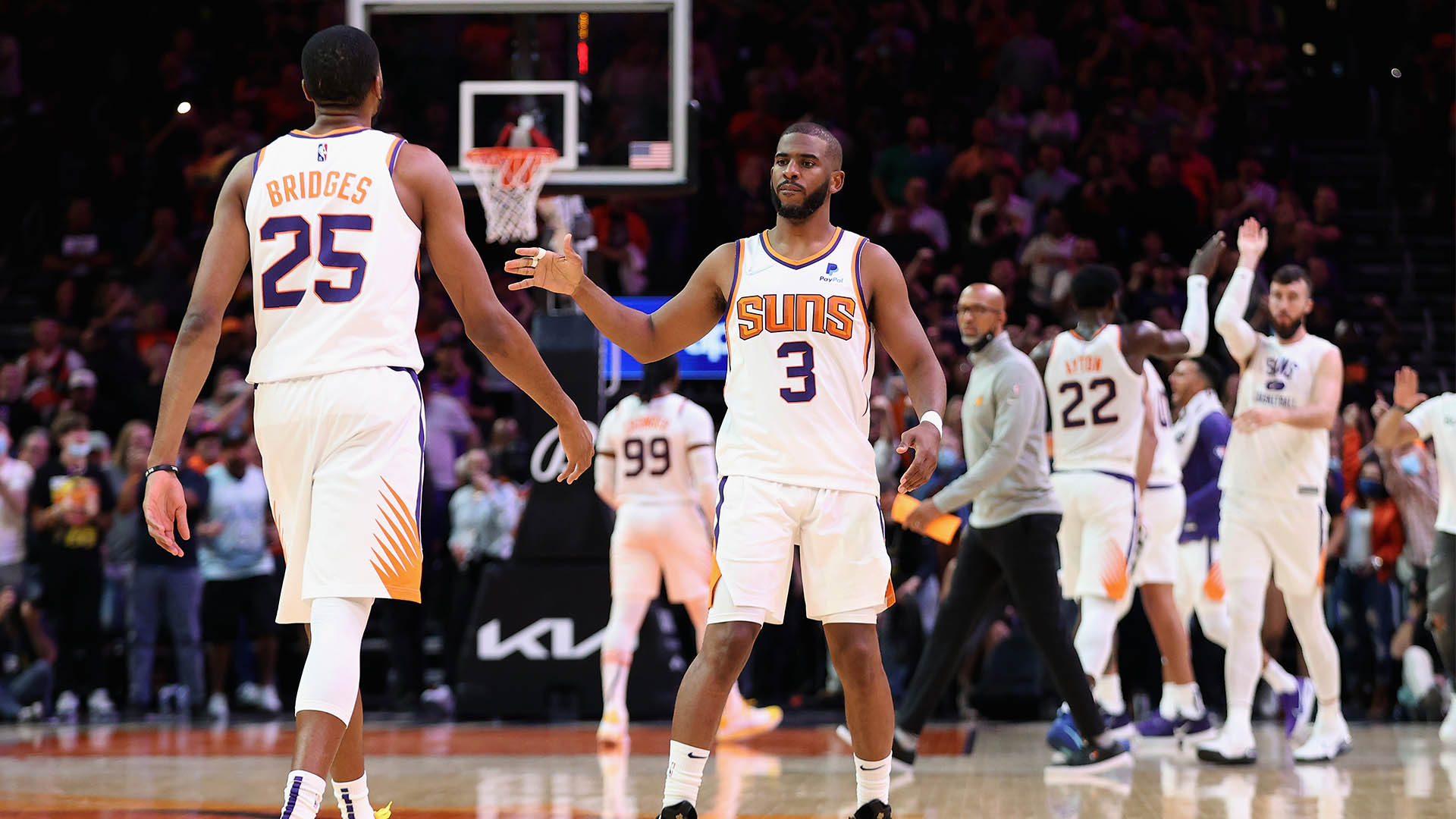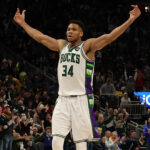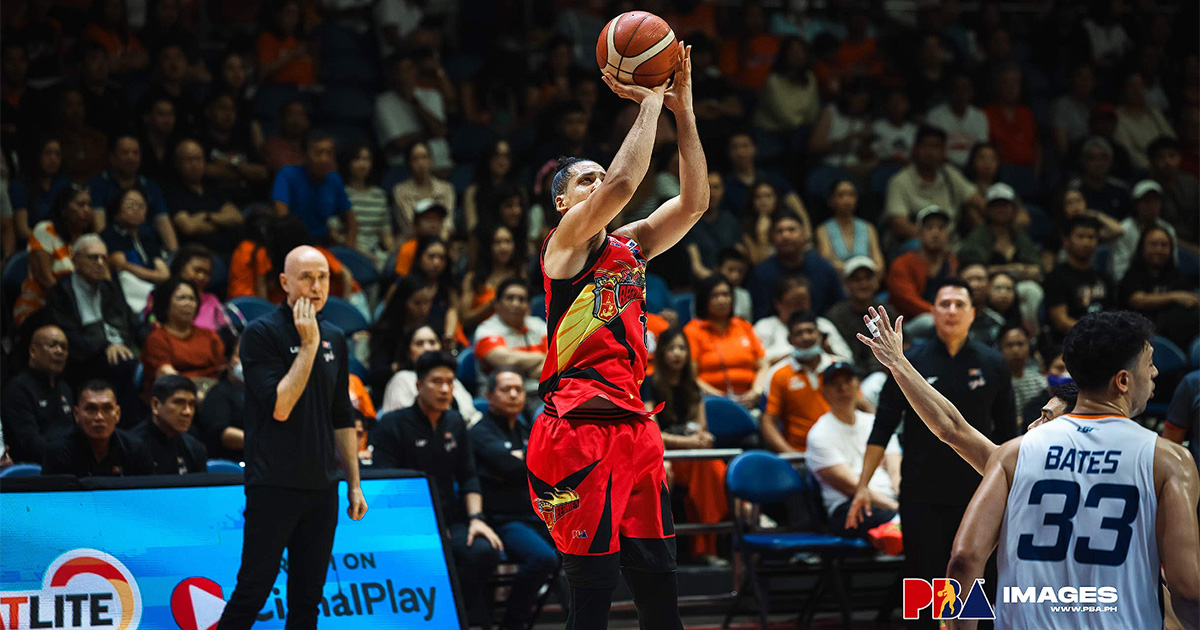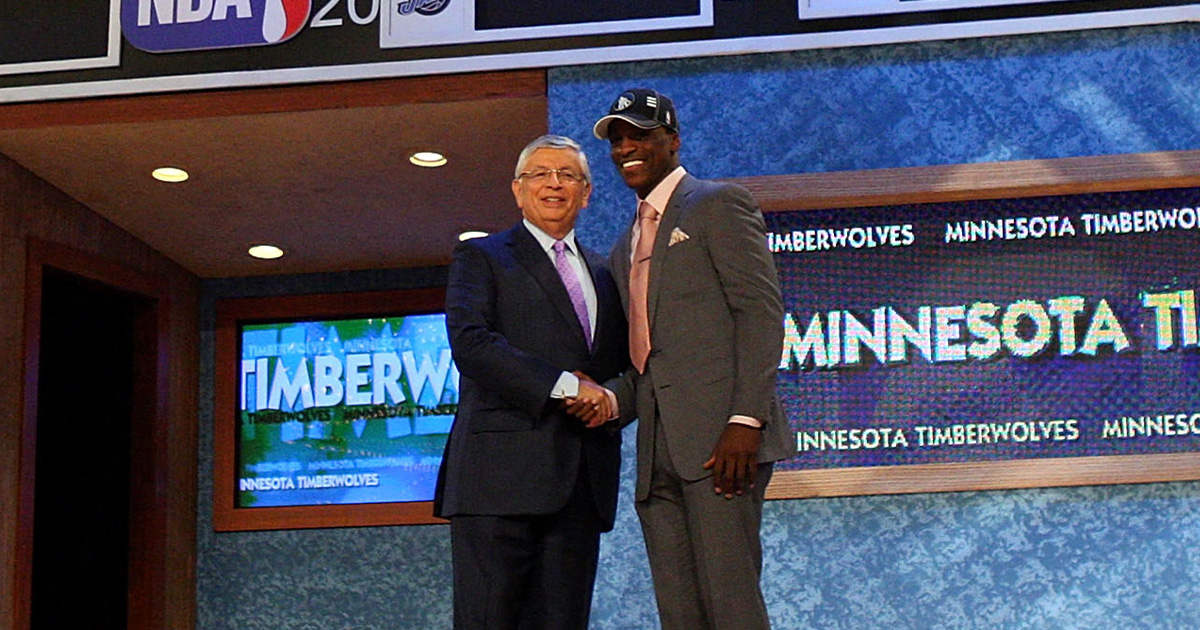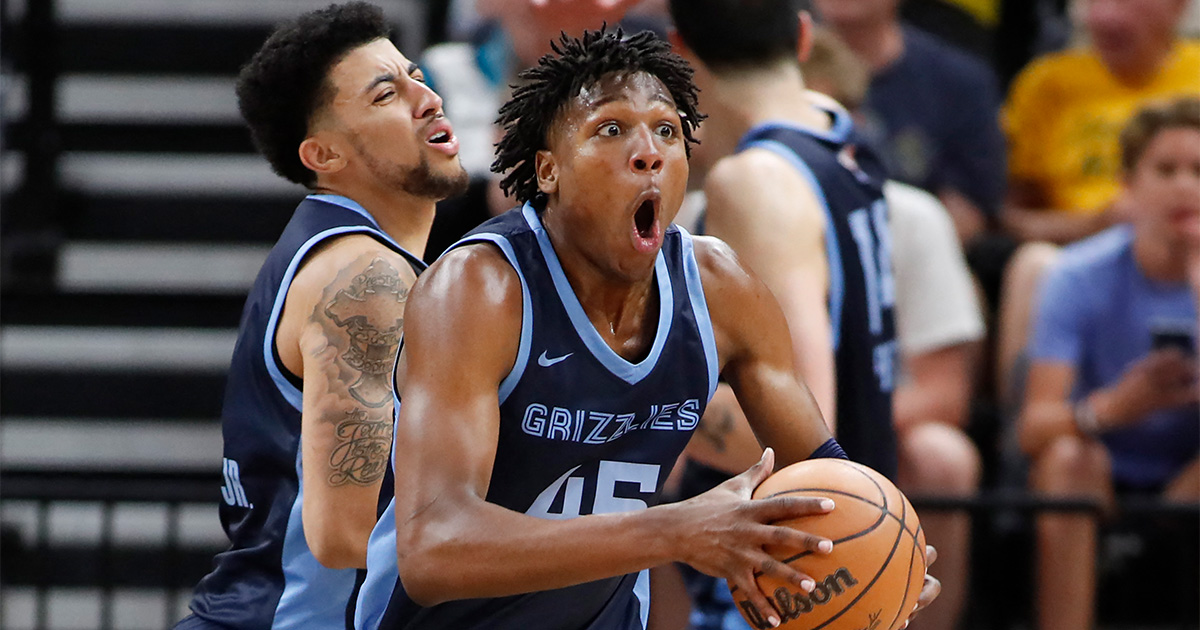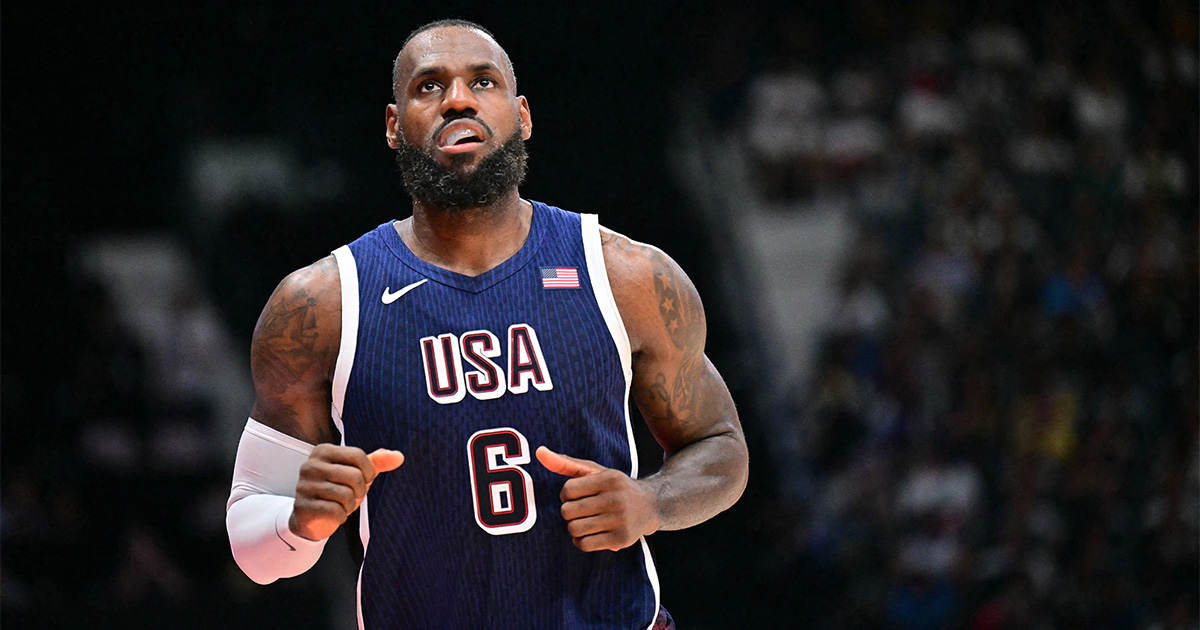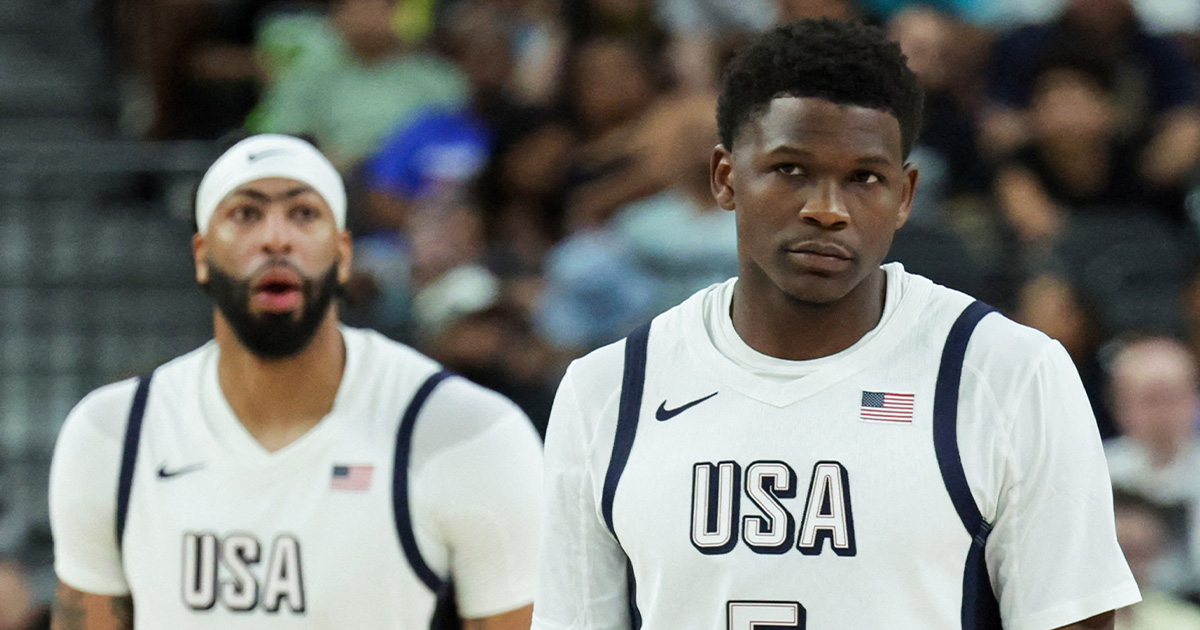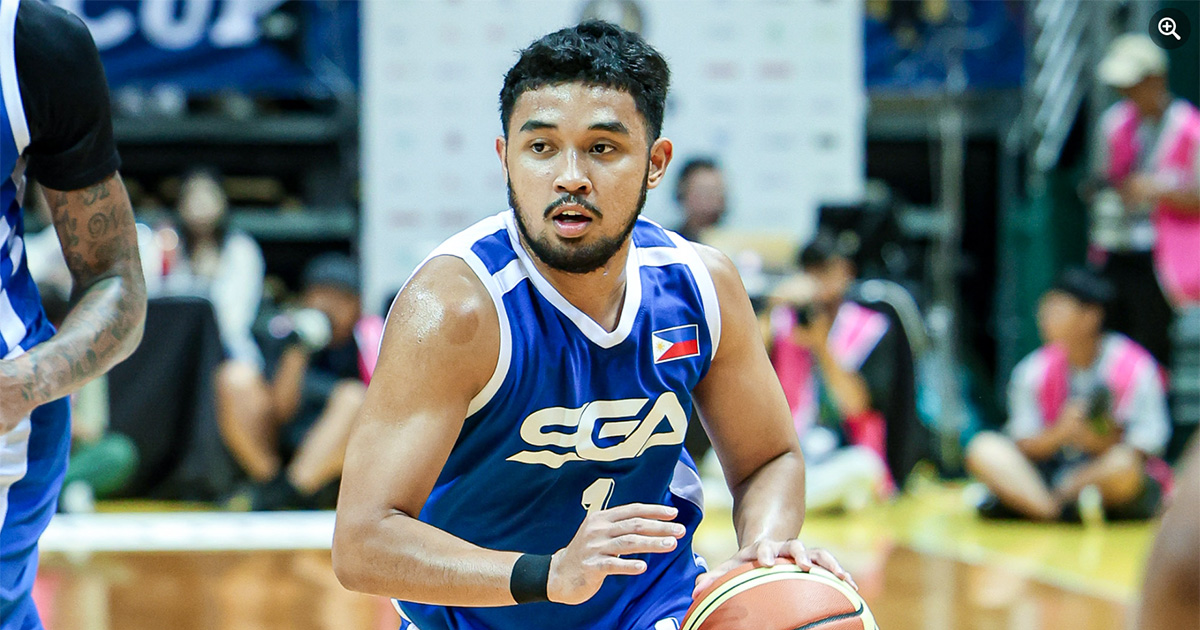The Lakers’ splashy offseason and the Warriors’ strong start were the best things that could have happened to the Phoenix Suns. I always thought they were more vulnerable to a Finals hangover, but they’re quietly riding a 10-game winning streak, the longest by any team so far this season. The focus on the two California teams has allowed the Suns to fly under the radar once again, with the dual benefit of avoiding national media scrutiny and its corresponding pressure, while concurrently creating a chip on the team’s shoulders by being glossed over despite being the reigning Western Conference champs. There’s nothing better than watching the ever-petty Chris Paul play for an underdog.
What have the Suns been doing well? They’re putting points on the scoreboard (5th in points per game), shooting the ball extremely well (3rd in field goal percentage), and finding open teammates (3rd in assists per game). CP3 is leading the league in assists for the first time since 2015. His assist-to-turnover ratio of 4.74 is tops in the league among starting point guards, and is even higher than the impressive 3.99 he posted last year. More importantly, the Point God has shown no signs of slippage on Year 17.
Exhibit A: The Suns needed buckets against Minnesota the other night, Paul dropped 19 in the 4th.
Exhibit B: CP3 was struggling with his shot against the Mavs, but still managed 6 points and 7 assists in the 4th.

At 36, CP3 is showing that the Suns are still his team, but the streak is a result of a balanced team effort. Newly minted 90-million-dollar man Mikal Bridges is averaging a career-best 13.7 points while shooting 53% from the field (though his 3-point shooting has cooled off the last couple of games). They have 8 players averaging over 8.5 points per game, including Frank Kaminsky (10.6 points) and Javale McGee (9.8 points), who have both filled in admirably for DeAndre Ayton who missed 6 games due to a leg injury. Ayton has looked good since his return—maybe even max guy good—averaging 20.5 points on 70.3% shooting while grabbing 12.5 rebounds over the past two games.
The Suns ranking 5th in points per game is a bit of a surprise given that they attempt the 5th fewest three-point attempts in the league. They didn’t take tons of threes last season either, but they’re attempting even less this season (2.5 less 3PA). Monty Williams has instilled discipline among the group; they’re not taking threes for the sake of taking threes, but are programmed towards taking the best shot available. 5 to 9 feet is their sweet spot, where they take 11 attempts per game (6th), making 46.1% (2nd). The three-point revolution over the last decade has taught us that three points counts more than two, but the Suns are trying to buck the trend by maximizing their twos—which tells us how much of an influence Greg Popovich has had on Monty. Can it win a title in today’s NBA? They were two wins away last July, so it’d be foolish to dismiss it.
The increased scoring can partially be attributed to their increased pace—they’re currently 4th after ranking 24th last season—which is counterintuitive for a team run by a 36-year-old point guard. The Suns didn’t suddenly change their offensive scheme and turn it back to the 7 Seconds or Less era, but they’re getting a lot of steals (4th in the league vs 19th in 2020-21) which leads to more transition opportunities. Their transition frequency is up to 17% of the team’s offense this season compared to 15.9% last season and are averaging 1.17 points per possession on transition, 4th in the NBA.
Surprisingly, however, they’re a middling offensive team based on advanced stats. They rank 12th in offensive rating, generating 108.3 points per 100 possessions (even if we limit it to the active streak, the Suns are still 12th). The main culprit is their middle-of-the-pack free throw attempts and their bottom quartile three-point attempts.
Devin Booker is among those clearly impacted by the new officiating rules, averaging 1.2 less FTAs compared to last season (lowest since his rookie year). His supposed superstar turn is off to a patchy start, with his scoring average down to its lowest since 2017 while shooting a Kobe-esque 43.9% from the field and 36.9% from deep. The two Cams, Payne and Johnson, haven’t progressed as expected after their solid postseason. Johnson, in particular, is averaging 0.8 less 3PA while shooting at a lower percentage compared to last season.
The Suns’ defense is good but not elite. They rank 5th in defensive rating but are only 10th in points allowed per game. But they are trending in the right direction, holding their last 4 opponents under 100 points. One area of concern is that they’ve not been defending the three-point line very well, only ranking 23rd in opponent three-point percentage.
They also have issues crashing the boards: they’re 25th in opponent total rebounds allowed (compared to 9th last year), 26th in offensive rebounds, and 18th in rebounding percentage. Part of it is Ayton missing games—in his 2 games back, he has grabbed 25 boards—but their box out numbers is virtually the same as last year, so this remains to be a concern. Remember, the Bucks out-rebounded them by an average of 7.3 boards in the Finals and were minus-37 on the offensive glass for the series.
Overall, the Suns are a very good team—very much the same team that went to the Finals last season, substituting a couple of three-point attempts for fastbreak opportunities—but they are a flawed one. Racking up early wins helps build confidence, but the win streak has to be put in its proper perspective. We can’t overlook the fact that they’ve only beaten two teams with a winning record during their 10-game run (the 9-7 Cavs and the Doncic-less Mavs). Their point differential of +5.6 gives a clear indication that they are not dominating opponents as the Warriors have been. The long-term concern is that they don’t have one thing that they’re absolutely good at; the past 10 NBA champions have either had a top 5 offensive rating or a top 4 defensive rating, and the Suns are currently neither (though they’re getting close defensively).
The good news is that it’s still early in the season and you can look at the struggles of Booker and the Cams, as well as Ayton missing games, on a positive light. They’re winning in spite of it. If you’re the Suns, the vision of them hitting their strides matter more than the winning streak itself.
(All stats from NBA.com)

